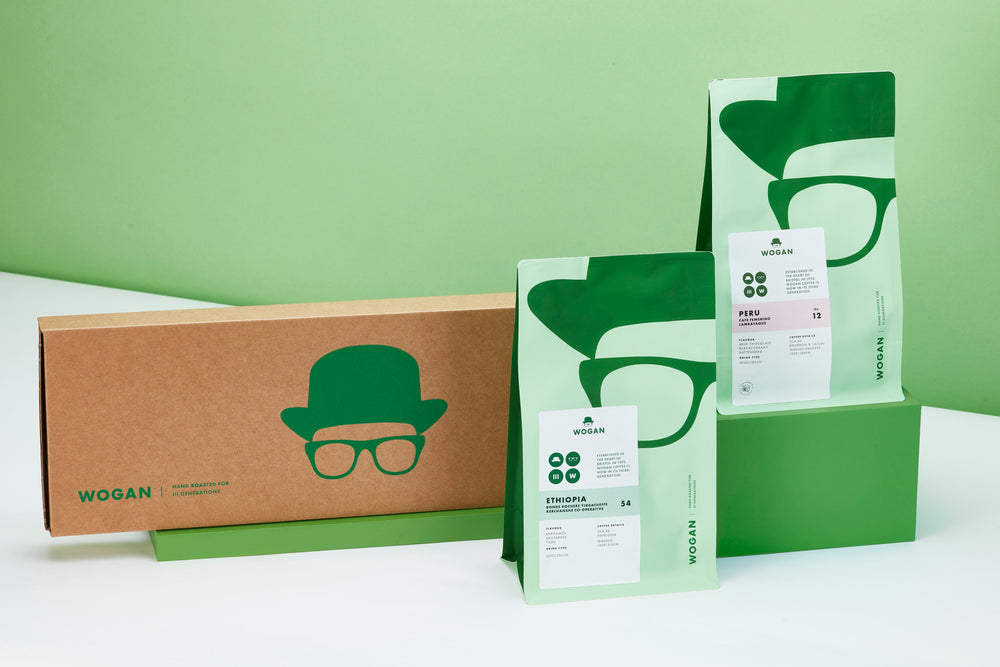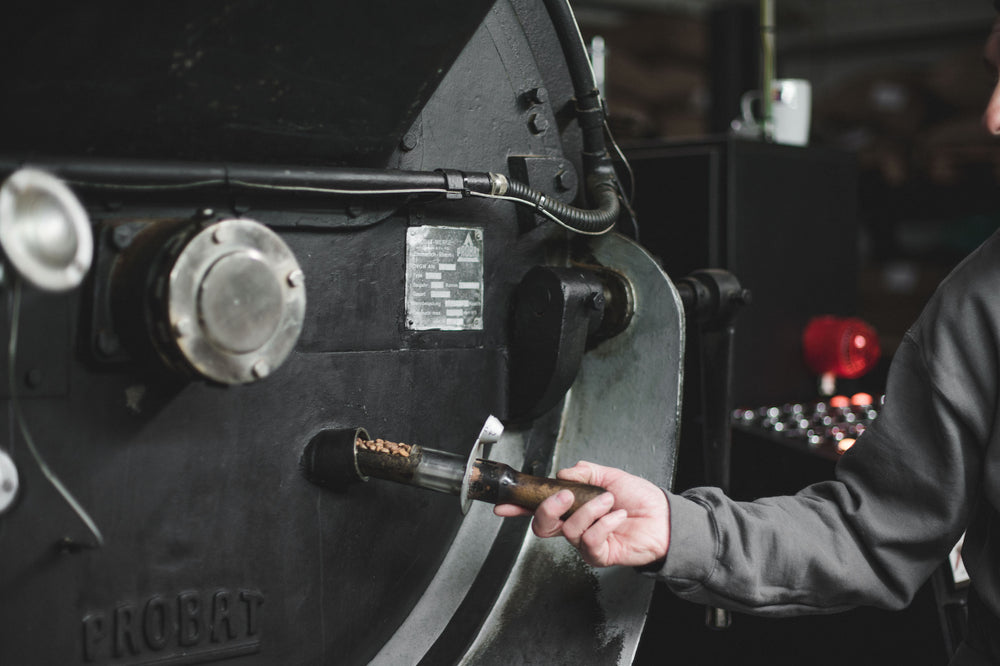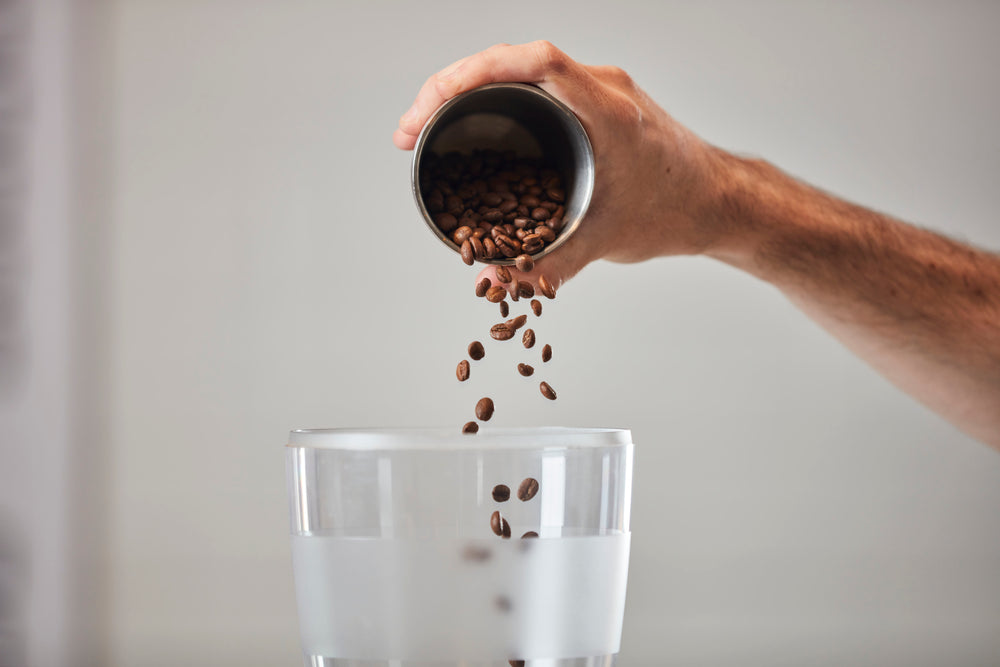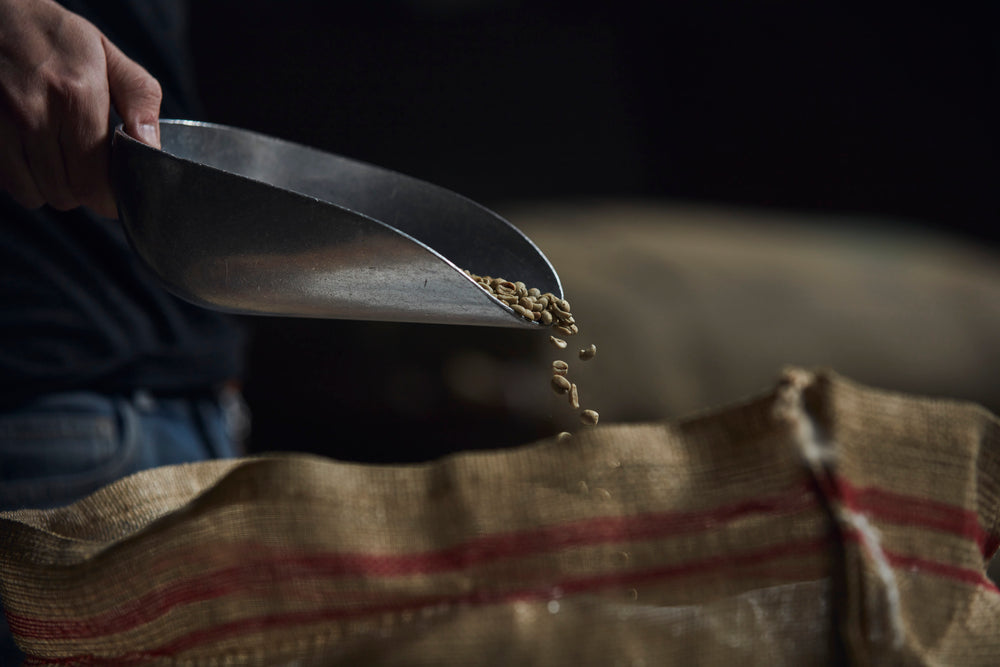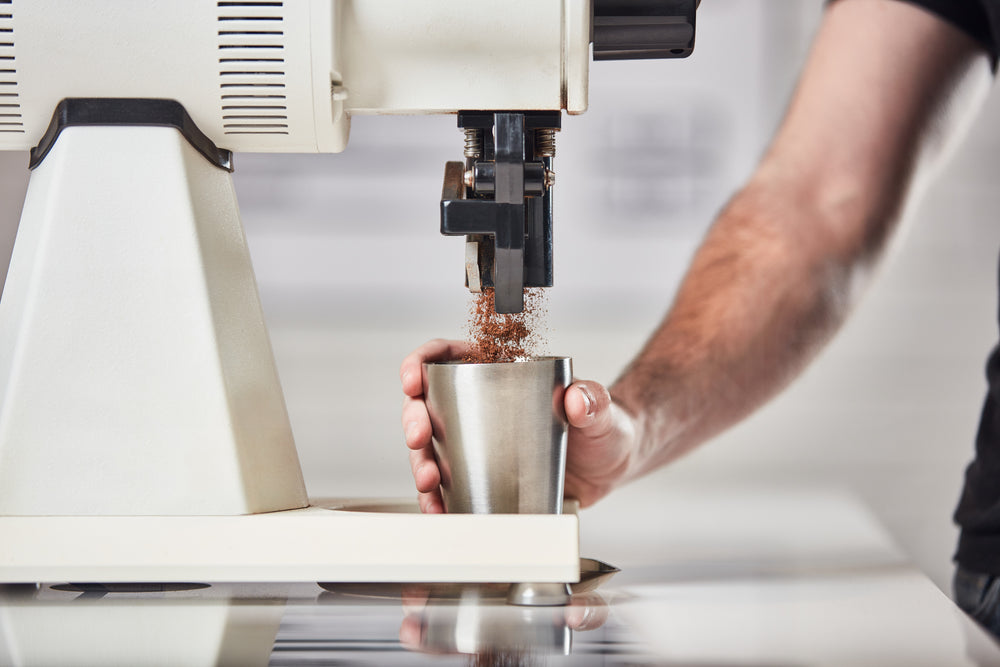You may have suddenly heard more about Mycotoxins in coffee, and we are here to very swiftly encourage and ensure you that you can safely purchase Wogan Coffee without fear of such contamination, but also that contamination in itself is very rare indeed. It is a topic that sounds very scary, but has been doing some fear mongering unnecessarily. They are more or less only found in very cheap, mass produced, extremely poor quality robusta coffees. But here is the low down just so you have all the facts.
So, what are Mycotoxins?
Mycotoxins are toxic secondary metabolites produced by moulds (fungi). Not all moulds produce mycotoxins; only certain species and under particular environmental conditions.
What are the risks?
The risk depends on the quantity (dose), frequency of exposure, and individual sensitivity (e.g. kidney function, detox capacity).
And how can they occur in coffee? Is this something that I should be concerned about, because it seems to suddenly be in the media?
Many analyses find that commercial coffees generally have levels of mycotoxins below regulatory safety limits. However, there are occasional reports where one or more samples exceed permissible limits. Because mycotoxins accumulate over time, chronic low-level exposure is more of a concern than occasional use.
In short: yes, mycotoxins can be present in coffee, but for most well-processed and stored coffees the levels are very low and considered within safe ranges by food authorities.
How do I avoid mycotoxins in coffee?
Buy speciality coffee where possible. These suppliers follow good agricultural practices, and are quality checked throughout the bean to cup process.
Store properly at home. Keep coffee beans in dry, cool, low humidity places. Use airtight containers after opening a bag to limit exposure to moisture. In the case of Wogan Coffee, our bags have zip locks on them - keep the coffee in the bag it came from, and use this function!
The amount is absolutely negligible in our coffees because we practice and prioritise health and safety. But if you really want to be extra vigilant, then aim for an Organic, washed process coffee with a medium to more developed roasting profile.
